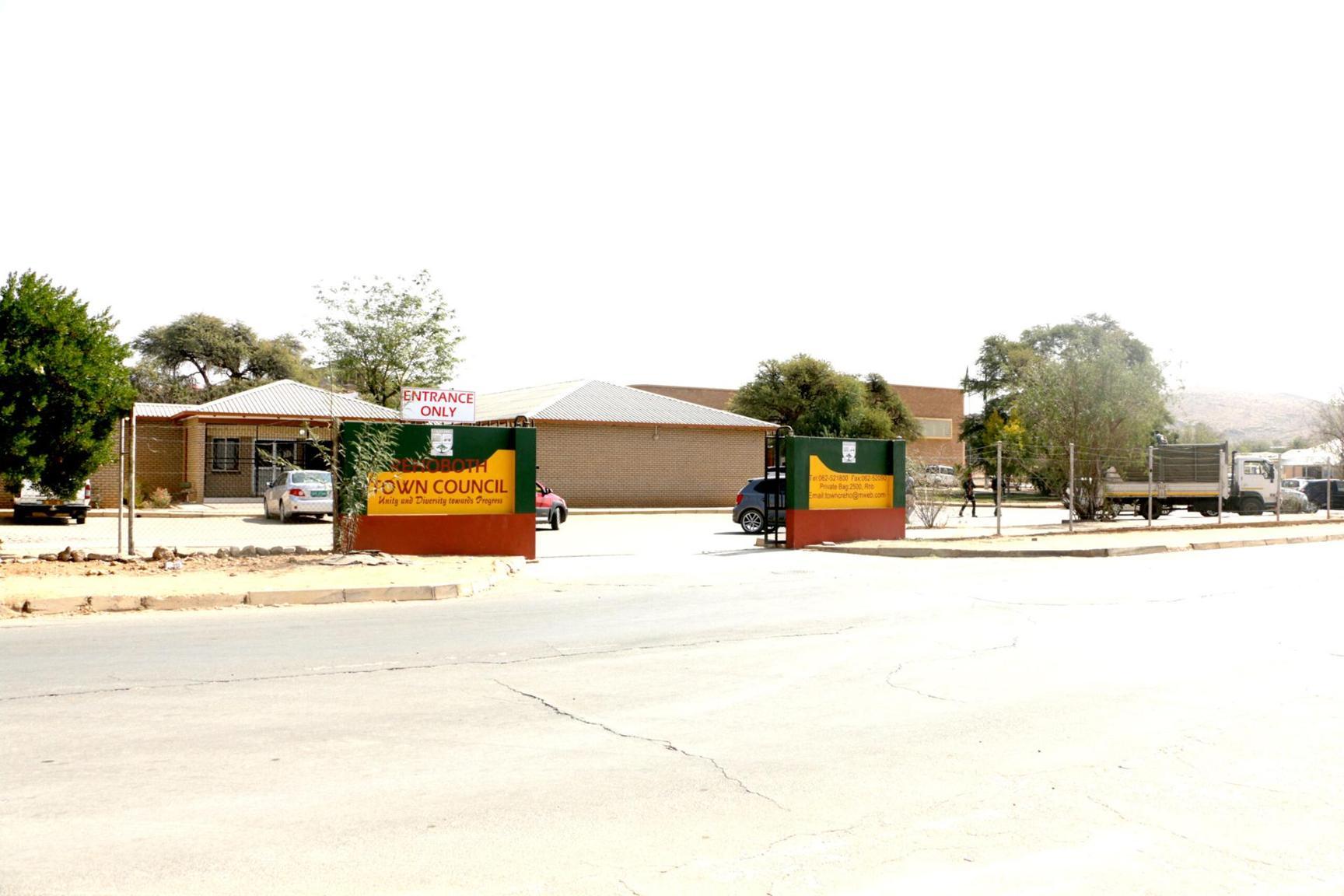Africa-Press – Namibia. The Rehoboth Town Council (RTC) will auction five of its vehicles and one grader, public property, on 6 September 2025 to settle a N$1.8 million legal dispute.
Popular Democratic Movement member of Parliament Winnie Moongo in Parliament last Tuesday, revealed that the town council has been involved in persistent labour disputes over the years, the most recent of which ended in a June 2025 court ruling.
In this judgement, the town council was ordered to pay N$1.8 million to a former employee, an amount it is unable to settle.
According to recent court documents, Bertha Drotsky took legal action against RTC in 2018 about unfair labour practices.
A case that ended in her favour this year.
After arbitrator Dionysius Louw’s decision that the council is wrong, the council applied for an appeal and succeeded, but then Louw issued a write of execution [dated 18 December 2024] in which RTC is obliged to pay her.
RTC applied to set it aside but failed and must now sell the assets.
“What RTC did was to ask that the amount be placed in a trust with her lawyers until the appeal is resolved, just to ensure that if the case is in RTC’s favour, the money will be returned, but if the appeal fails, then she has immediate access to the money,” Chief Executive Officer Ronald Windswaai told former mayor Enrico Junius in a recent Facebook post.
The appeal had indeed failed.
RTC also sought the repeal of the writ of execution to prevent the Deputy Sheriff of Rehoboth from enforcing it.
The appeal was noted eight days late and was removed from the roll, as it had lapsed.
“RTC then filed a condonation application which was never heard, as it was not enrolled or removed with the appeal,” the court document dated 27 June 2025 states.
Moongo on Tuesday noted, “This situation is not unique to the Rehoboth Town Council, but it reflects a broader trend among many local and regional authorities in Namibia, which often struggle with legal challenges, including labour and employment disputes,” she noted.
Procurement and tender conflicts, contractual disagreements, land allocation and ownership matters, service delivery issues, and compliance with statutory or regulatory frameworks also cost councils.
Moongo fears these legal costs divert funds away from service delivery priorities such as housing, sanitation, and infrastructure maintenance.
There are concerns about how selling State property will hamper the town’s development. [email protected]
For More News And Analysis About Namibia Follow Africa-Press






